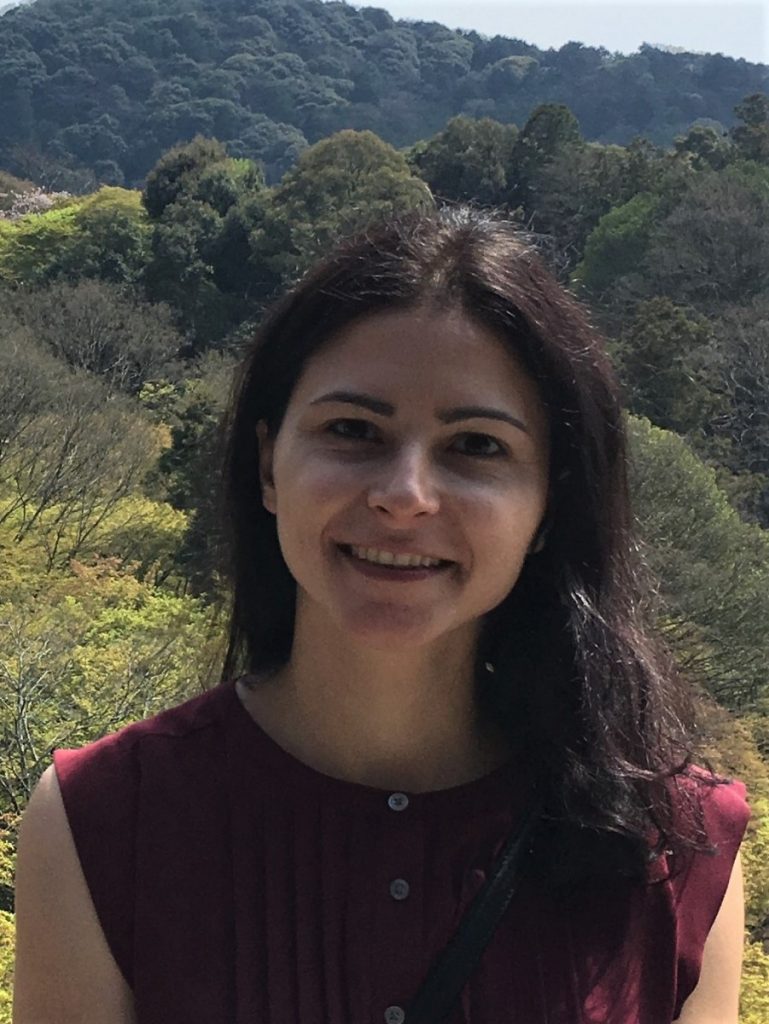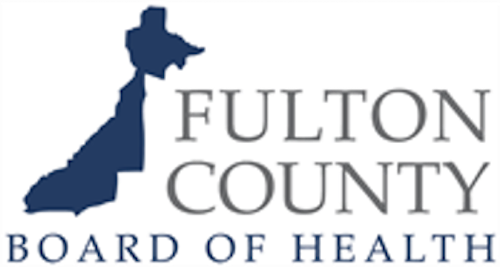Emory EPI Responds: Students at the Fulton County Board of Health (Part 2)
Category : #WeAreEmoryEPI
Following up on our July feature, the Confounder Team is excited to highlight the great work of more students who spent their summer assisting with COVID-19 response at the Fulton County Board of Health (FCBOH). As you may recall from our first article on the FCBOH, a number of Emory EPI students have been hard at work conducting surveillance activities and contributing to Fulton County EPI reports on changes in COVID-19 trends. While public health as a field has certainly taken on a renewed sense of national importance in the wake of the United States’ struggles to control COVID-19, the multitude of actions that compose local public health work, from collaborations between multidisciplinary response teams to person-person interactions in case investigations, are more vital than ever.
I recently spoke with two Emory EPI students who reflected on how challenging frontline public health work can be, especially in the current context, yet how these difficulties have also reinvigorated their passion for this field and commitment to bolstering local response efforts.

Sarah Hamid
Sarah is a fourth year PhD student who studied Human Biology at Brown University and History, and earned her MPH in Chronic Disease Epidemiology and Global Health at Yale University. Before coming to Rollins, she worked as a regional epidemiologist at the CDC’s Global Disease Detection Center in Egypt, then worked in the Philippines with the Emerging Disease Surveillance and Response unit at the World Health Organization’s (WHO) Regional Office for the Western Pacific.
“I have mainly been working on case investigations and epidemiologic analysis. Doing case investigations gives you an appreciation for how surveillance data are generated and the limitations of various data points, which is important to understand when analyzing the data. In terms of analysis, I have been working with a couple of other PhD students to investigate the impact that missing data on race and ethnicity of COVID-19 cases has on our understanding of the disease burden in specific groups.”
“The pandemic hit suddenly so there was little time for training and preparation before diving into case investigations. Relaying quarantine instructions to case patients can be particularly hard when they make clear that they cannot afford not to go to work. Initially, cases had needs and questions that I, as an epidemiologist, felt unprepared to address, such as how to access unemployment benefits. The FCBOH helped us work through these issues as they came up and found local resources that we could pass on to people in need. It has been very rewarding to support the response in my community.”
Sarah also spent time this summer supporting the COVID-19 response with WHO Africa’s Health Emergency Information and Risk Assessment Unit. She has primarily been working on COVID-19 epidemiologic profiles and risk assessments to guide countries in the relaxation of lockdowns and reopening of economies through evidence-based decisions.

Daniel Thomas
Daniel is a second year MPH student in the department. Before starting at Rollins, he studied Microbiology at Auburn University where he also worked in an entomology lab that studied integrated pest management techniques in the rural southern US.
“I have had the good fortune to work alongside excellent MPH and PhD-level students and professors at Rollins who have all volunteered their time to Fulton County’s response. As a part of this team, I function largely as a case investigator, reaching out to individuals who have recently tested positive for COVID-19 in order to collect more information about their disease experience as well as elicit their close contacts for further investigation.”
“I wake up each day to an email from our team lead, and Fulton liaison, containing call assignments. After logging into the state’s notifiable diseases surveillance system, I start making calls. The enormous range of responses from the community to the pandemic have been fascinating to witness. By speaking with all of these individuals, I have been fortunate to get a glimpse into understanding the struggles people are going through. Many of the calls I have made have been incredibly draining and taken an emotional toll. However, the strength with which individuals face these challenges has been equally moving.”
Daniel’s experiences this summer has opened his eyes to the many shortcomings that exist within the government and preparedness space and also increased his admiration for local, public health professionals who work tirelessly, often without recognition for their efforts.
Thank you for following along with the Emory EPI Responds series, and next week stay tuned for the final installment in our summer features. We will be revisiting the Emory Outbreak Response Team and hearing from a few more of their members about what they have learned from their experiences conducting field work in Hall County.
